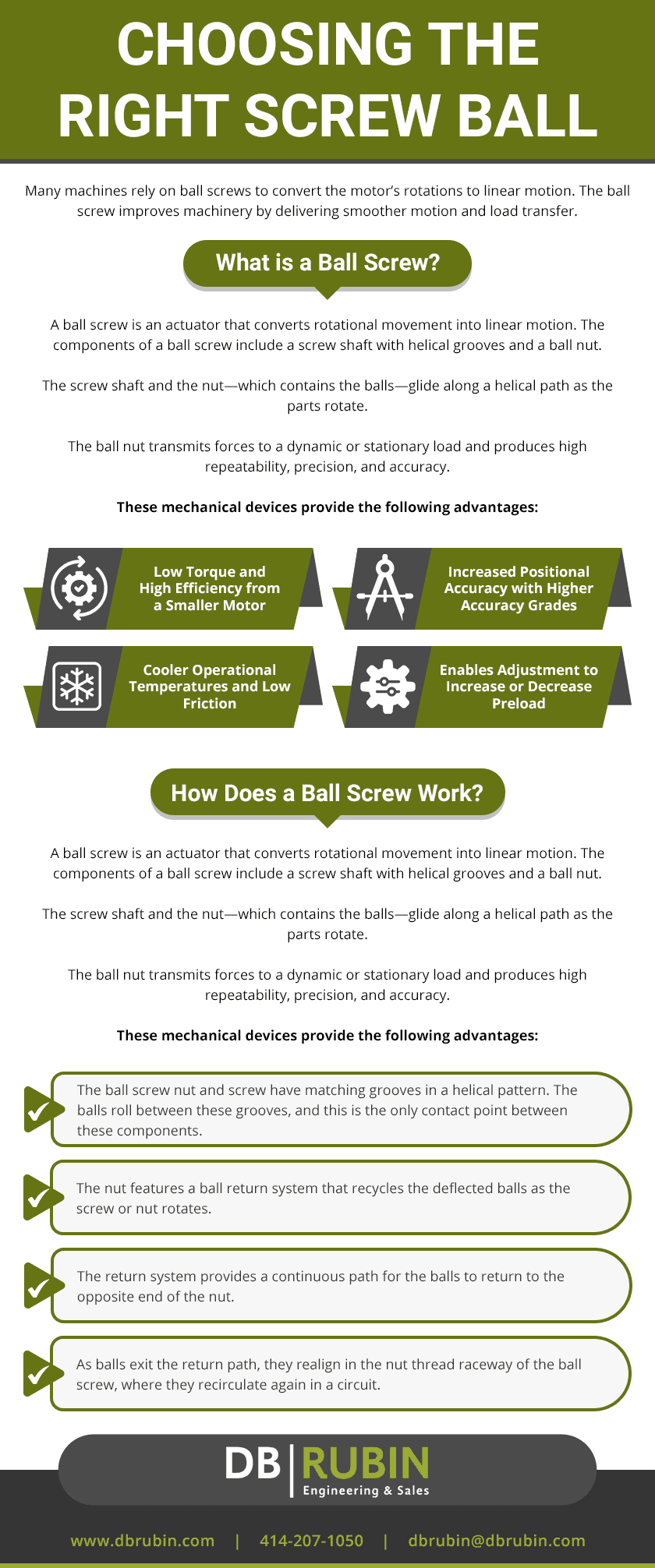CNC Machine Maintenance Tips
Leave a CommentComputer numerical control (CNC) machines have revolutionized modern manufacturing. They provide a high level of efficiency, accuracy, and consistency in manufacturing precision parts. Examples of CNC machines include lathes, grinders, and routers.
Like other machines, CNC machines require regular maintenance to maintain efficiency and reliability. However, maintenance can be a complicated task that requires specialized knowledge. Rubin Engineering & Sales is a premier maintenance and repair provider for all kinds of machine tool components, current and out-of-production. Here’s what you need to know about CNC machine maintenance.
Importance of CNC Machine Maintenance
Because CNC machines are such an important part of any manufacturing operation, unscheduled downtime can be costly for a company’s current and future business relationships. In fact, CNC machine failure can cost thousands of dollars in unfulfilled shipping deadlines and hours of operation. Therefore, consistent CNC machine maintenance is necessary to ensure that the equipment functions when and as it should.
Here is a breakdown of the different types of CNC machine maintenance tasks you can perform on your own and with the help of a maintenance specialist.
Daily Maintenance
At the end of every day, you can perform these simple maintenance duties to ensure your machine’s optimal performance:
- Test that hydraulic fluids are at the correct level
- Check that hydraulic pressure is 4.5 MPa
- Check and replenish the lube levels if necessary
- Check the cooling system (if applicable)
- Remove chips from the chip pan
- Grease stainless steel covers that seem dry
- Clean surfaces like windows and lights
You should maintain a preventive maintenance checklist for your CNC machines to ensure that these tasks are performed thoroughly every day.
Monthly Maintenance
A monthly CNC machine maintenance schedule contains slightly more extensive tests and checks than a daily schedule. Perform the following activities for monthly maintenance:
- Clean the coolant tank, getting rid of any chips, oil, or sludge
- Remove and clean the jaws and chuck
- Clean the radiators, straightening the radiator fins
- Keep the machine level
- Dispose of and replace the hydraulic oil
- Drain and refill the coolant
- Inspect wipers and replace those that are damaged
- Replace suction and line filters
Yearly Maintenance
Yearly CNC maintenance is quite detailed and requires a specialist’s inspection. When you make an annual appointment with a maintenance and repair specialist, they will perform the following activities:
- Check whether the headstock or tailstock has tapered
- Inspect the spindle for end or radial play
- Check for runouts in the chuck cylinder
- Check for turret inclination and parallelism
- Run a backlash program on the X and Z axis to determine whether it needs adjustments
Maintain Your CNC Machine with Rubin Engineering & Sales
A well-maintained CNC machine produces reliable and precise components. Hiring a specialist to take care of maintenance tasks ensures your CNC machine can consistently produce these results. Rubin Engineering & Sales offers the most comprehensive CNC maintenance and replacement services for all kinds of CNC machines. Contact us today to find out how we can help keep your production running as smoothly as possible.








